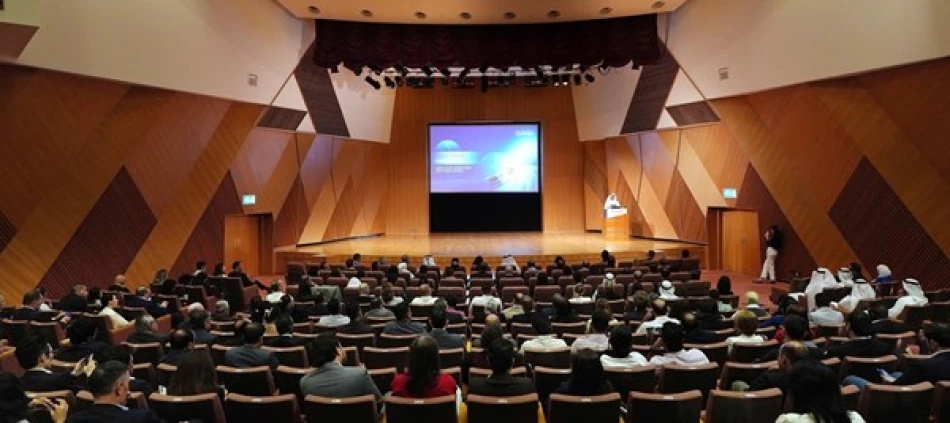
Dubai Chambers Host Global Trends Dialogue to Empower Business Community
Dubai's Chamber of Commerce hosted a "Global Trends Dialogue" to help local businesses prepare for major economic shifts happening worldwide. The event brought together 150 experts and company representatives to discuss how Dubai can maintain its role as a global trade hub while businesses adapt to changing international conditions.
The event focused on three key areas reshaping global business: trade route changes from new tariffs, manufacturing transformation through AI and robotics, and supply chain restructuring. Dubai's business leaders see these changes as opportunities rather than obstacles.
"Dubai's economic resilience depends on anticipating international transformations and dealing with them through proactive strategies," said Sultan bin Saeed Al Mansoori, Chairman of Dubai Chambers. The goal is helping local private sector companies develop the right strategies to handle rapid changes in the global economy.
**Trade Routes Under Pressure**
The first session examined how high global tariffs are reshaping trade dynamics. Countries are imposing new trade barriers, forcing companies to find alternative routes and partners. This creates both challenges and opportunities for Dubai, which sits at the crossroads between emerging and developed markets.
Dubai's strategic location becomes even more valuable when traditional trade routes face disruption. Companies looking for stable, efficient pathways between Asia, Europe, and Africa increasingly turn to Dubai as their logistics hub.
**Manufacturing Gets Smarter**
The second session looked at how advanced technologies are changing manufacturing. AI, robotics, and Internet of Things devices are moving from simple tools to complete operating systems that boost productivity and efficiency.
But here's the challenge: companies need to completely rethink their data strategies to keep up with AI developments. And they need to retrain their workforce for this rapid technical shift.
Dubai companies are well-positioned to lead this industrial transformation. The city has invested heavily in smart infrastructure and tech-friendly policies that make it easier for manufacturers to adopt new technologies.
**Supply Chains in Flux**
The third session tackled the deep changes happening in global supply chains. Companies are moving away from single-source suppliers and long, complex chains toward more resilient, diversified networks.
This shift benefits Dubai's position as a regional distribution center. Businesses want supply chains that can handle disruptions, and Dubai offers the infrastructure and connectivity to serve as a reliable backup when other routes fail.
The event highlighted how Dubai's private sector can turn global uncertainty into competitive advantage. Instead of just reacting to changes, local companies can anticipate trends and position themselves as solutions for international businesses facing similar challenges.
For investors and traders, Dubai's approach shows how cities can maintain relevance during economic transitions. The focus on flexibility and adaptation, rather than rigid long-term plans, offers lessons for other emerging market hubs trying to compete globally.
Most Viewed News

 Layla Al Mansoori
Layla Al Mansoori






